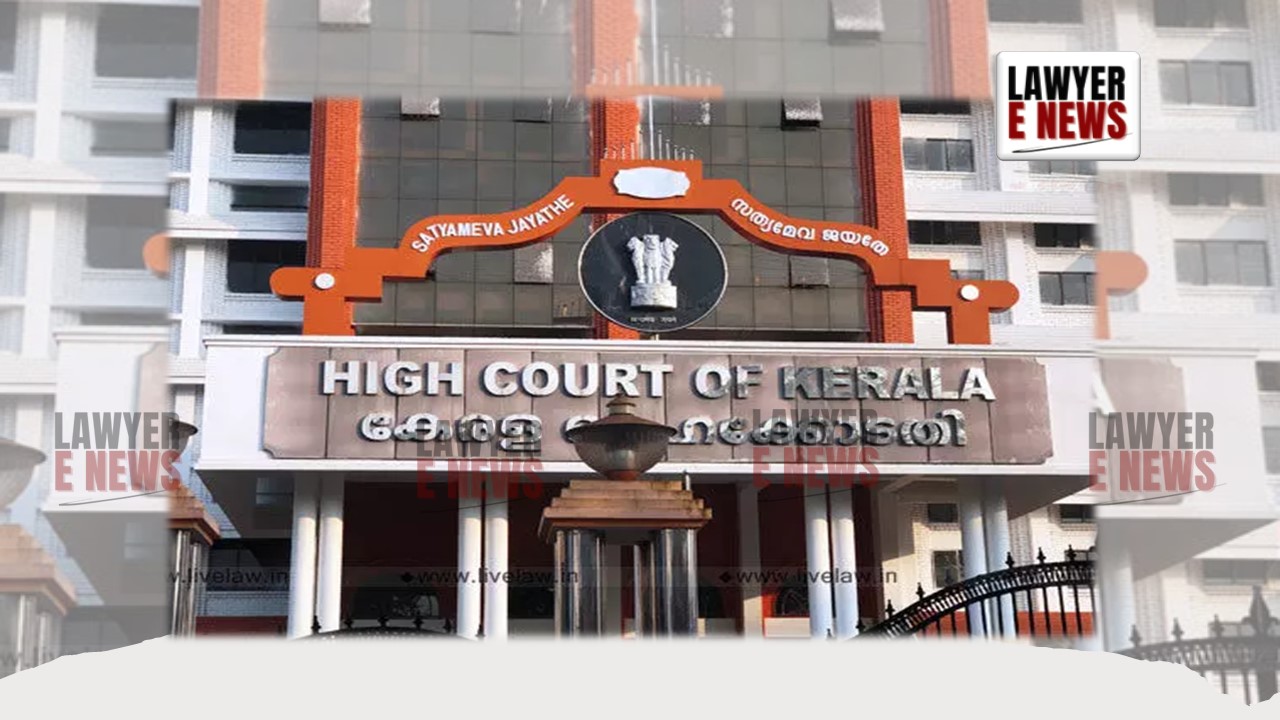-
by sayum
14 February 2026 2:22 PM



Kerala High Court acquitted Maniyan, the appellant, who had been convicted by a lower court for offences related to counterfeit currency under Sections 489B and 489C of the Indian Penal Code (IPC). The court found that the prosecution failed to establish a clear link between the accused and the counterfeit currency notes involved in the case. The appellant had been sentenced to four years of rigorous imprisonment, which has now been overturned.
Maniyan, also known as Kalla Maniyan, was accused of distributing counterfeit currency after allegedly handing over 139 counterfeit 100-rupee notes to a second accused, who then delivered them to PW1, a brick kiln owner, as payment for construction materials. The crime was initially reported in 2003, and the case was registered with the CBCID Thiruvananthapuram after being transferred from the Balaramapuram Police.
The appellant was convicted by the Additional Sessions Court-II in Thiruvananthapuram in February 2015, receiving a four-year sentence and fines under Sections 489B (using counterfeit currency as genuine) and 489C (possession of counterfeit currency) of the IPC. The second accused absconded and was not tried in this case.
The appellant challenged his conviction on the grounds that the prosecution had failed to prove his possession of counterfeit currency or that he had passed it on to PW1. The defense argued that there was no direct evidence linking Maniyan to the counterfeit notes, and the trial court had convicted him based on speculation rather than solid proof.
The court found significant gaps in the prosecution’s case. Justice Sophy Thomas noted that although PW1, the brick kiln owner, had received counterfeit notes, there was no concrete evidence proving that Maniyan was the source. The second accused had handed over the counterfeit notes to PW1, but no efforts were made by the police to investigate the second accused's connection to Maniyan.
PW1 did not witness Maniyan handling or providing the counterfeit notes.
The second accused, who handed over the counterfeit money, was never properly interrogated to establish a link between him and Maniyan.
The confession of the second accused, which could have been crucial to the case, was neither submitted nor used to prove the appellant's involvement.
"There is nothing to show that the appellant possessed the counterfeit currency or used it as genuine. The prosecution has failed to prove his guilt beyond any shadow of doubt."
The court highlighted the lack of evidence connecting Maniyan to the counterfeit currency and found that the trial court's judgment was based on mere possibilities rather than concrete proof.
The conviction and sentence were overturned, and the appellant was acquitted of all charges under Sections 489B and 489C of the IPC.
The court ordered that Maniyan, currently in Central Prison, Thiruvananthapuram, be released immediately unless required in connection with any other case.
The Kerala High Court’s decision underscores the importance of concrete evidence in criminal trials, particularly in cases involving serious charges like counterfeiting, which can have significant economic repercussions. The court stressed that speculation and weak links cannot form the basis of a conviction.
Date of Decision: October 3, 2024
Maniyan @ Kalla Maniyan v. State of Kerala
